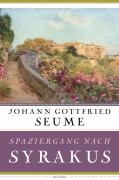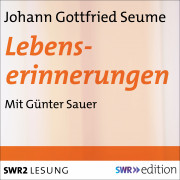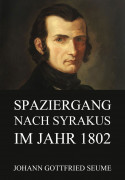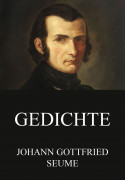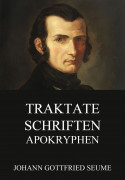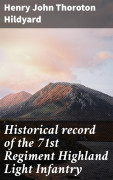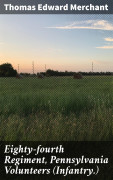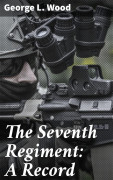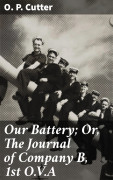Johann Gottfried Seume, Albert Pfister: The Voyage of The First Hessian Army from Portsmouth to New York, 1776
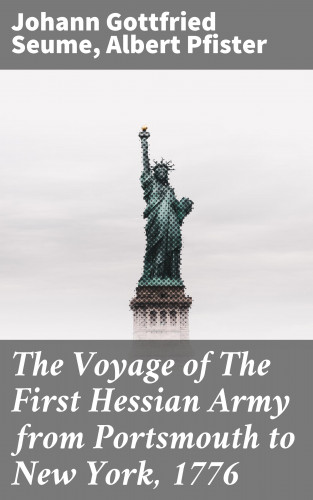
| Produkttyp: | eBook-Download |
|---|---|
| Verlag: | Good Press |
| Erschienen: | |
| Sprache: | Englisch |
| Seiten: | 112 (Druckfassung) |
| Format: | EPUB
Info▼
|
| Download: | 261 kB |
The Voyage of The First Hessian Army from Portsmouth to New York, 1776, represents a profound exploration of a pivotal moment in history through a multitude of literary prisms. This collection juxtaposes firsthand accounts, essays, and letters, offering a panoramic view of not only the military endeavor but also the human experience embedded within it. The anthology excels in showcasing a range of literary styles from the lyrical to the documentary, bringing to life the myriad voices of the past. The meticulously curated pieces within this collection work in concert to paint a vivid picture of the era, emphasizing the complex interplay of ambition, duty, and the inexorable flow of history. The contributing authors, Johann Gottfried Seume and Albert Pfister, bring to the collection not only their individual tales but also a profound understanding of the broader historical and cultural milieu of the 18th century. Their backgroundsas participants and chroniclersimbue the anthology with authenticity and a palpable sense of immediacy. This collection aligns with the burgeoning interest in personal narratives of war, contributing significantly to our understanding of the individual experiences that underpin historical events. The Voyage of The First Hessian Army from Portsmouth to New York, 1776, is an indispensable read for anyone fascinated by the American Revolution or military history. It offers readers the rare opportunity to explore a pivotal event from a multitude of angles, providing not just historical facts but a deeper appreciation of the human dimensions of warfare. This anthology is a testament to the power of collective narrative to enrich our understanding of the past, making it a must-read for scholars, history buffs, and anyone interested in the diverse tapestry of human experience.
